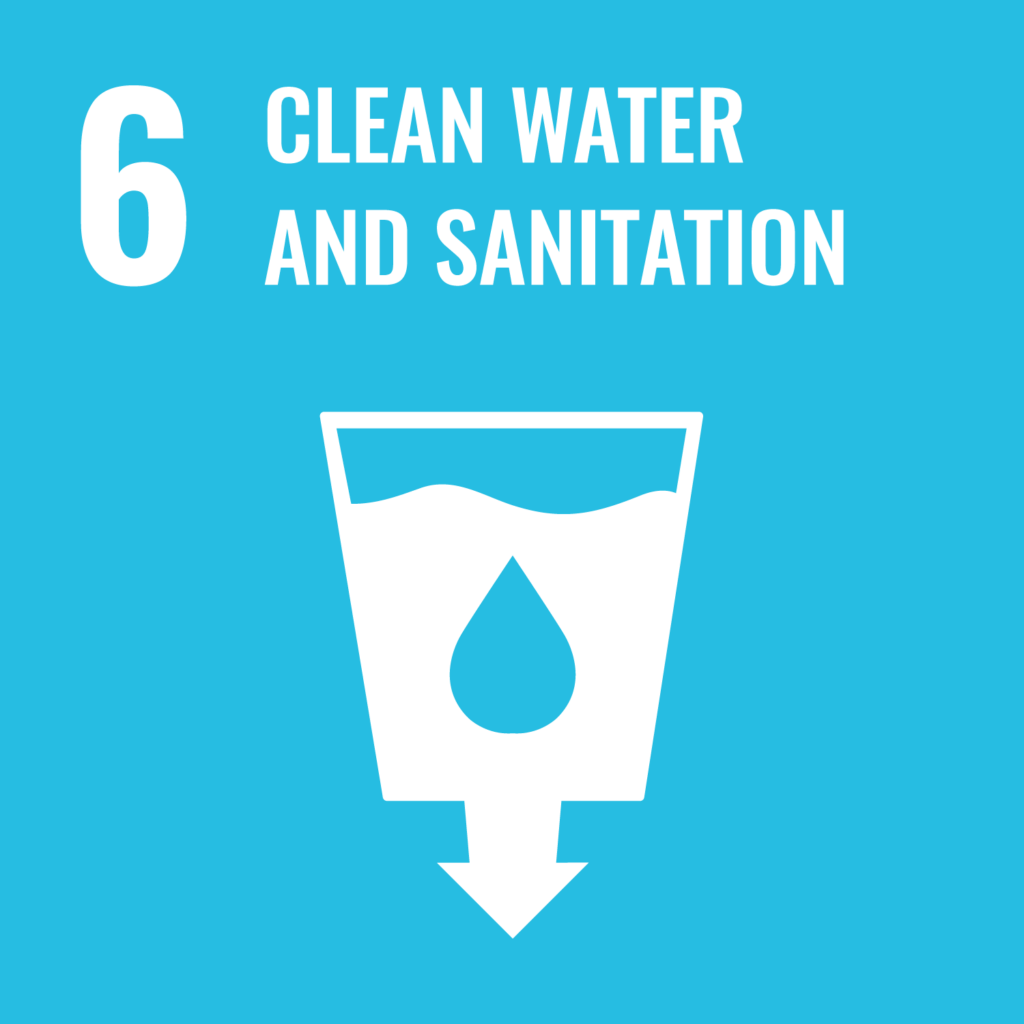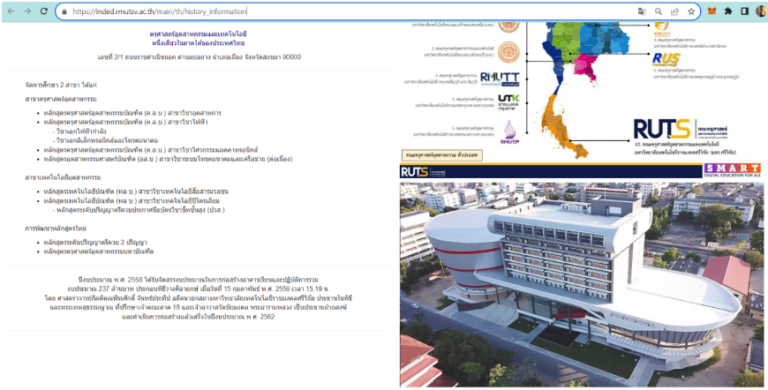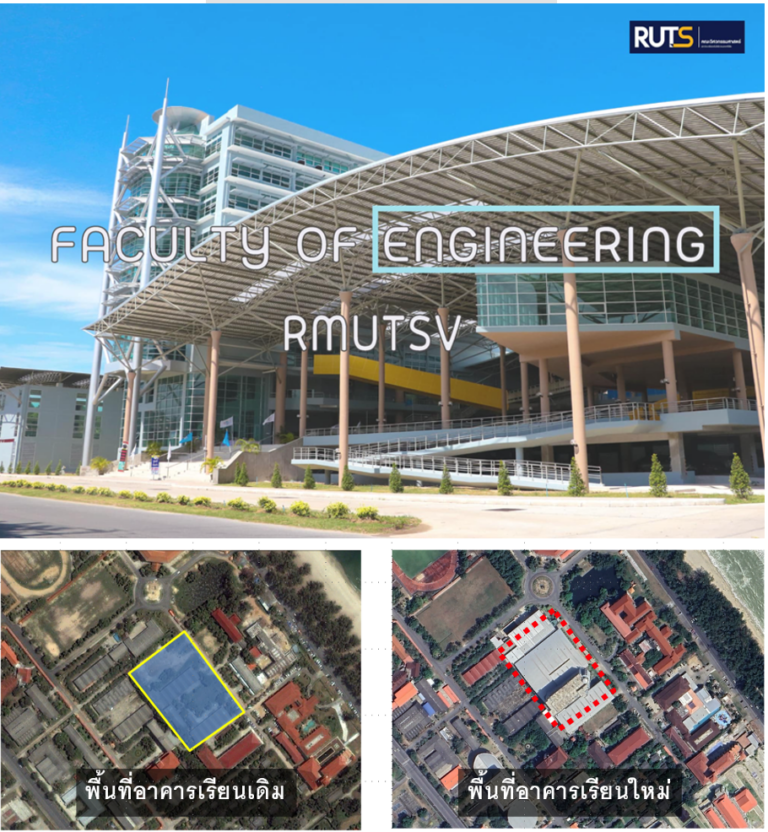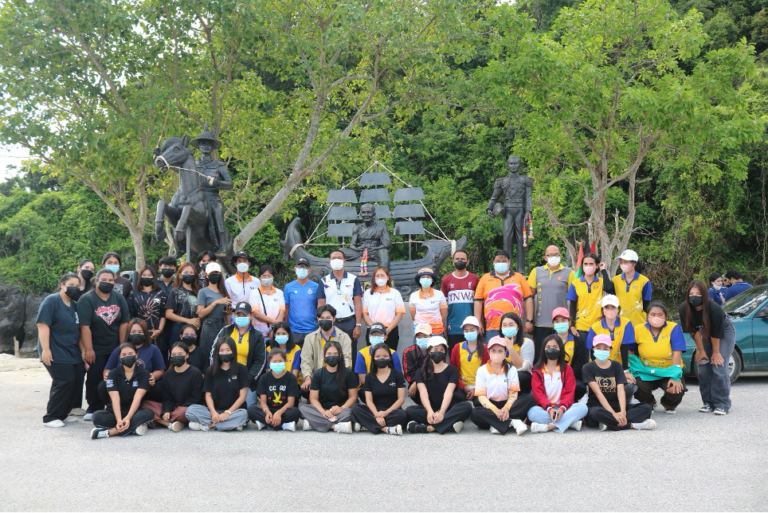Reporters : Mr. Sujinda Saehan, Mr. Ekkajak Intarat, Mr. Nitigon Jumniansuk, Mr. Thaksin Jeensuksang
Indicator : 6.3.5
Date : November 22, 2022
Related SDGs:

Selecting appropriate plants for landscaping at Rajamangala University of Technology Srivijaya is a crucial aspect of enhancing the campus environment and promoting sustainability. The university realizes on consideration when choosing plants for landscaping by selecting drought-tolerant plants is a wise choice. These plants require less irrigation and can withstand dry weather conditions, reducing the university’s water consumption. Also, the plants need to be better suited to the local climate and require less maintenance. Especially, native plants that support local ecosystems and biodiversity.
Moreover, the chosen plants that are low-maintenance and require minimal care. This reduces the need for constant attention and upkeep, making them more sustainable for landscaping. In addition, the plants should be considered that offer year-round interest. This can include deciduous trees for shade in the summer and evergreen plants for greenery during the winter such as: Dypsis lutescens, Normanbya normanbyi, Copernicia prunifera, Licuala grandis, Phoenix roebelenii, Casuarina equisetifolia, Ficus annulate, Carmona retusa (Vahl.) Masum, Murraya paniculate, and Agave.
By carefully selecting and maintaining plants for landscaping, Rajamangala University of Technology Srivijaya has also an implement efficient irrigation management system, such as drip irrigation, to minimize water wastage and ensure that water is used effectively for plant maintenance and it also can create a visually appealing, sustainable, and environmentally responsible campus that serves as an example for students and the community. Sustainable landscaping not only conserves resources but also contributes to the well-being of the university community and the local ecosystem.

Related Links:
https://general.rmutsv.ac.th/node/1124?fbclid=IwAR2QWyeYbewgLMVThwyWgBhbke8glsnn3NJyYvNUcrITOGR0EEk4AeoP0EA



